

Lauren Halsey

You are here

Latin at Dartmouth
To fulfill my language requirement at Dartmouth, I decided to take the introductory Latin 1-3 sequence. I loved the language and department so much that I continued by taking "Topics in Latin: The Landscape of Latin Literature" (Latin 10.01)—which also counted towards my literature (LIT) graduation requirement.
While most of our coursework revolved around learning the language, we had a few in-class excursions to the local graveyard, the Hood Museum, the Rauner Special Collections Library, and the Book Arts Workshop. In this post, I will recap some of our Latin excursions!
Latin 1 brought us to the local graveyard, where we made squeezes—reverse paper impressions—of the inscriptions on gravestones. To do this, we took a piece of paper and hit a specially made brush against the inscription. The result is a hyper-accurate replica of the inscription—similar to some funerary inscriptions we translated in class.
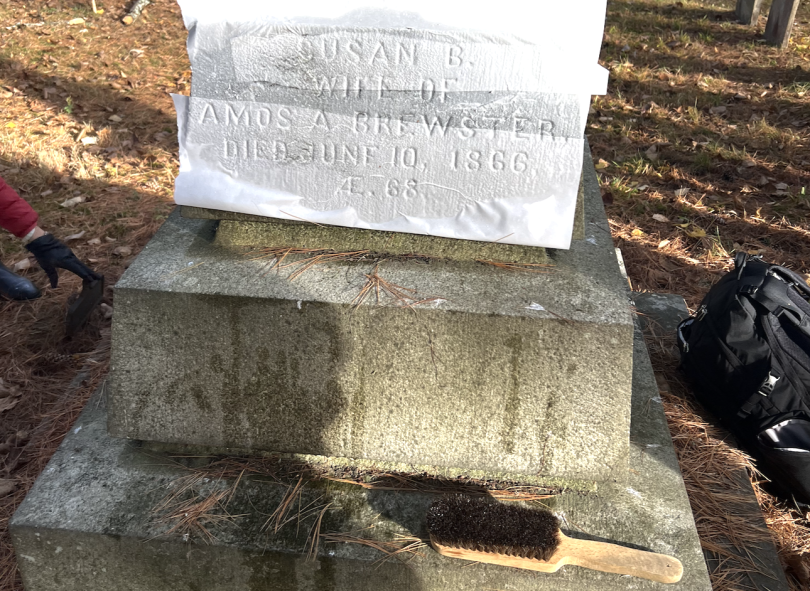
After squeezing gravestones at the cemetery we journeyed to the Hood Museum for Latin 2! In this course, we learned about the coin-making process and translated some classical coins. The museum has an incredible collection of ancient coins that students can handle directly.
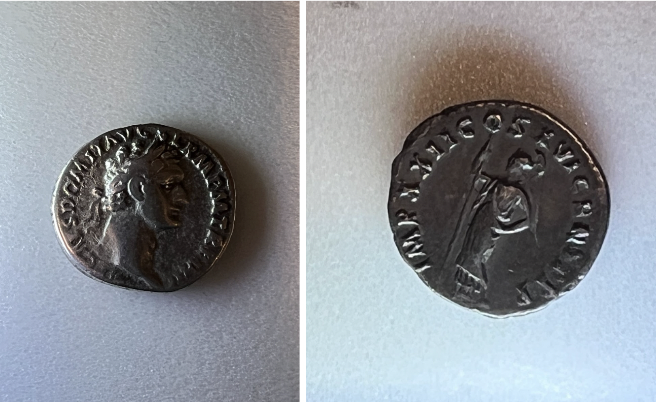
Latin 3, the finale of the introductory Latin sequence, takes students to the Rauner Special Collections Library, where we spent time finding our in-class readings in ancient books. It is incredible that the Rauner Library allows students to see and handle these archives directly.
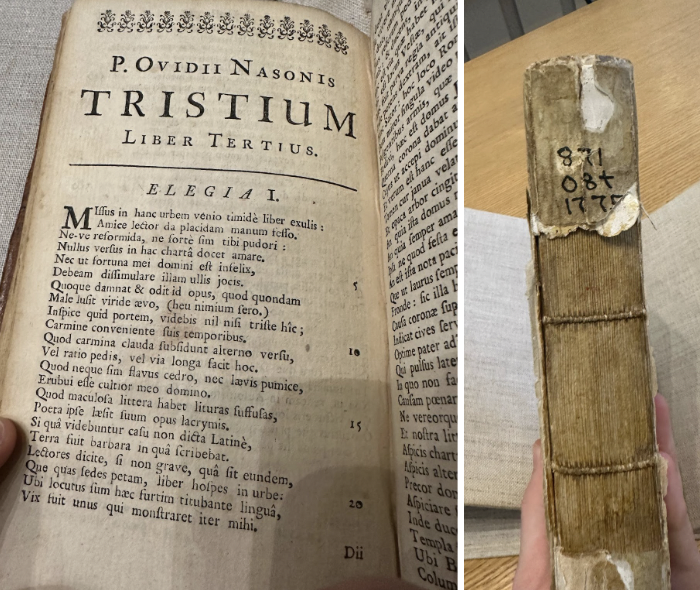
Latin 10.01 was the most hands-on of the Latin courses I have taken thus far. Similar to Latin 3, we had trips to the Rauner—and our final project even involved us finding prose within ancient books. Additionally, we went to the Book Arts Workshop in Baker Library for numerous classes. There, we made iron gall ink, wrote with quills on various materials that authors of our texts would have used (like parchment), and even printed and made our own books!
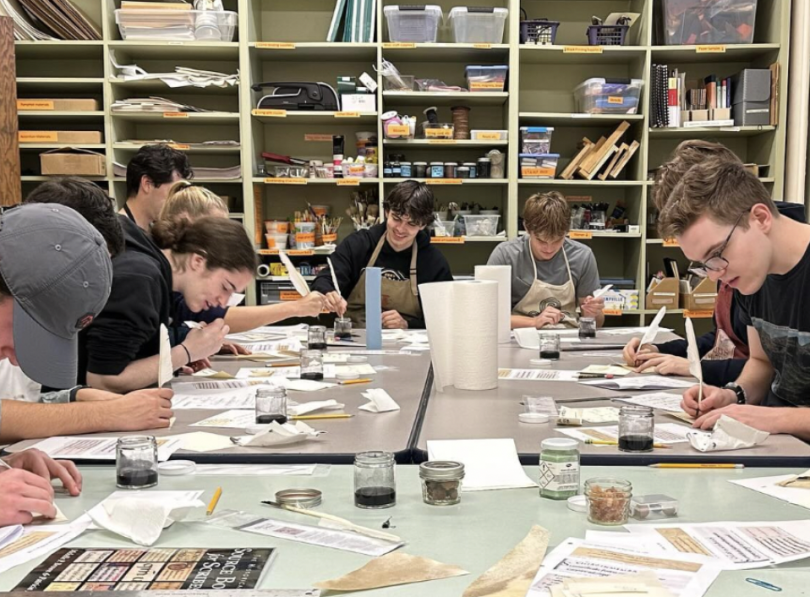
I have thoroughly enjoyed my time in these courses both as a student and as a Learning Fellow (students who attend class and facilitate coursework)! Also, if you haven't seen my previous blog post, various Latin professors bring their dogs to class, which is a major plus.
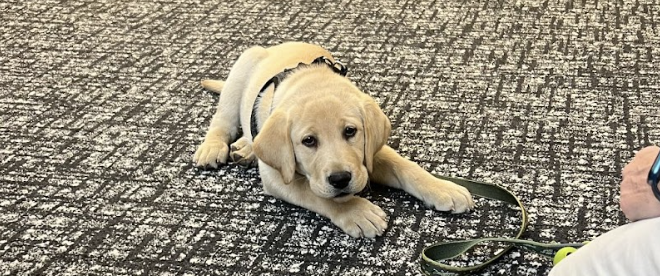
Posts You Might Like

While the Hanover community is always strong and thriving, it's hard to imagine what it's like when you are thousands of miles away from The Green. Read on to learn about my Dartmouth life in Rome, and the community within Dartmouth while abroad.


In one of my previous posts, I mentioned how I joined a sorority earlier this fall by going through the recruitment process. I've come a long way since then. In fact, I am living in my sorority house for my sophomore summer!


My experience in my first ever literature class!


What are the first five words you think of when you hear the words Mafia? (In italiano per favore)


Dartmouth is not just a college. With world-renowned graduate schools, why would we choose to call ourselves a college instead of a university? The story behind that decision dates back to a significant Supreme Court ruling.


On a quiet spring Saturday in Hanover, I traded the usual campus buzz for Monet in the morning and archery in the afternoon—a reminder that Dartmouth weekends can be just as meaningful when they're slow, reflective, and a little unexpected.


All about Writing 5 (and my favorite watches from the course materials!)


During my sophomore spring quarter, I took on the challenge of four STEM courses, and while it has been intense, the unexpected connections across subjects and the joy of learning have made it one of my most rewarding academic experiences yet.


Hello finals week! As I close out a finals season, dive into my bag to see just what gets me through this time of the term!
